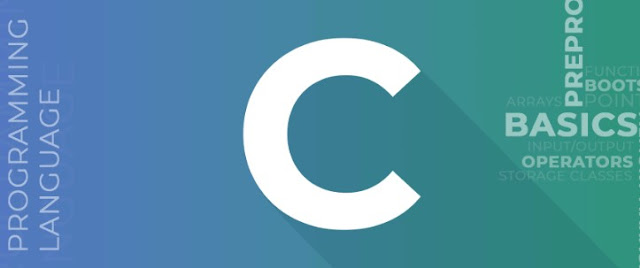Variables and Data Types: Understanding the concept of variables, data types, and their usage in C
Variables and Data Types: Understanding the Concept and Usage in C
In the C programming language, variables are used to store and manipulate data. They act as containers that hold values of different types. Understanding variables and data types is essential for writing effective and efficient C programs. Let's dive into the concept and usage of variables and data types in C:
1. Variables:
- A variable is a named location in the computer's memory that can hold a value.
- Before using a variable, it must be declared by specifying its name and data type.
- The syntax for declaring a variable is: `data_type variable_name;`
- For example: `int age;`, `float temperature;`, `char grade;`
2. Data Types:
- C supports various data types, each designed to hold specific kinds of values.
- Some common data types in C include:
- `int`: Used to store whole numbers (e.g., -10, 0, 42).
- `float`: Used to store floating-point numbers (e.g., 3.14, -2.5).
- `char`: Used to store individual characters (e.g., 'A', 'b', '$').
- `double`: Similar to `float`, but with higher precision.
- `void`: Represents the absence of a value or the lack of a data type.
- `bool` (requires the inclusion of `<stdbool.h>` in C99 or later): Used to store Boolean values (`true` or `false`).
3. Variable Initialization:
- Variables can be initialized with an initial value at the time of declaration.
- The syntax for variable initialization is: `data_type variable_name = initial_value;`
- For example: `int age = 25;`, `float temperature = 98.6;`, `char grade = 'A';`
4. Assigning Values to Variables:
- After declaration, you can assign a value to a variable using the assignment operator (`=`).
- For example: `age = 30;`, `temperature = 100.2;`, `grade = 'B';`
5. Constants:
- In addition to variables, you can also use constants to store fixed values that cannot be modified during program execution.
- Constants are declared using the `const` keyword followed by the data type.
- For example: `const int MAX_VALUE = 100;`, `const float PI = 3.14159;`
6. Type Modifiers:
- C provides type modifiers to alter the range or behavior of data types.
- Examples include `unsigned` and `signed` modifiers for integers, and `short` and `long` modifiers for integers and floating-point numbers.
- For example: `unsigned int count = 10;`, `short int x = 100;`
Understanding variables and data types allows you to allocate memory efficiently and perform operations on the stored values accurately. It is important to choose the appropriate data type based on the requirements of your program to avoid unnecessary memory usage or data loss. Additionally, make sure to follow proper naming conventions for variables to enhance code readability and maintainability.
By grasping the concepts of variables and data types in C, you have taken a significant step towards writing effective programs. As you progress, you'll explore more advanced concepts and gain a deeper understanding of C programming.


Comments
Post a Comment